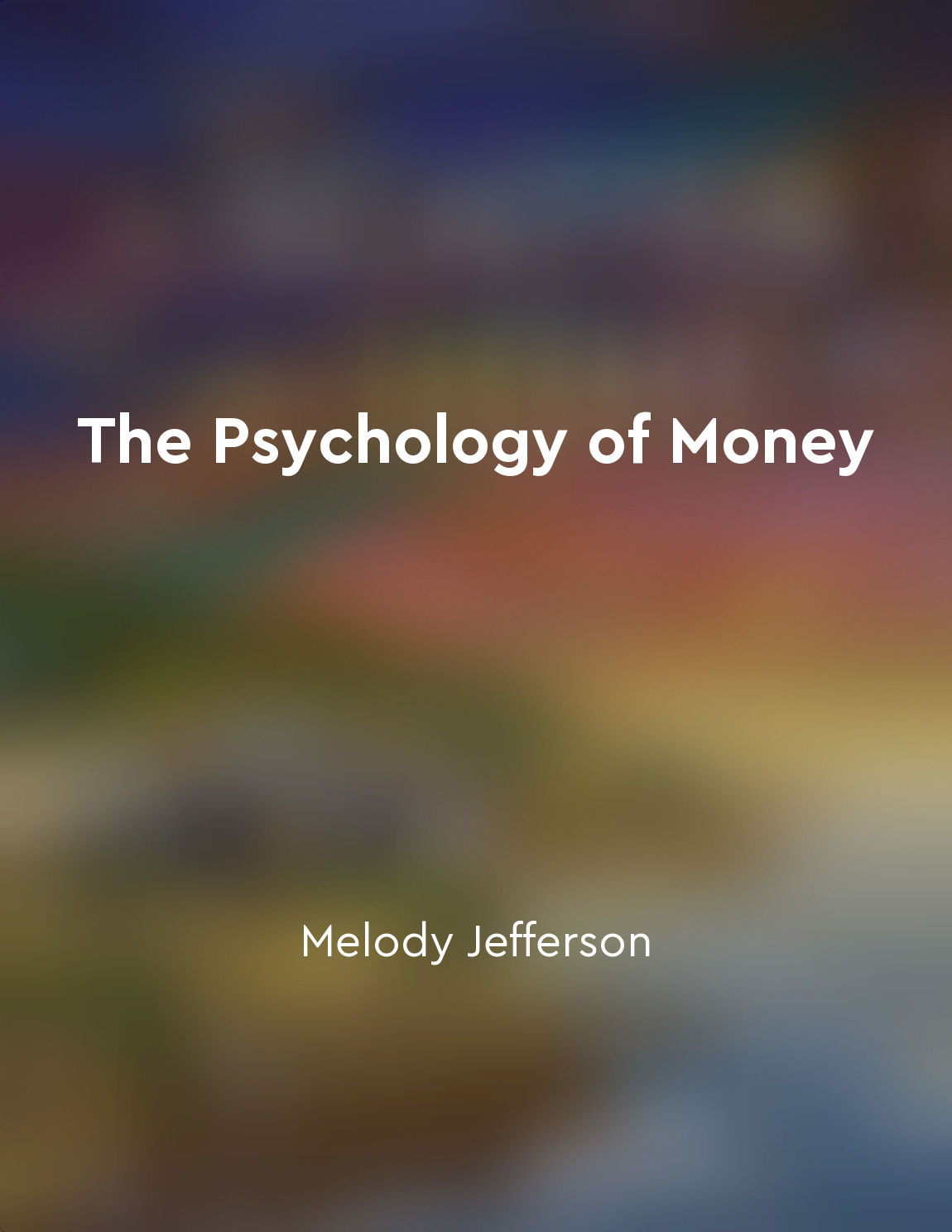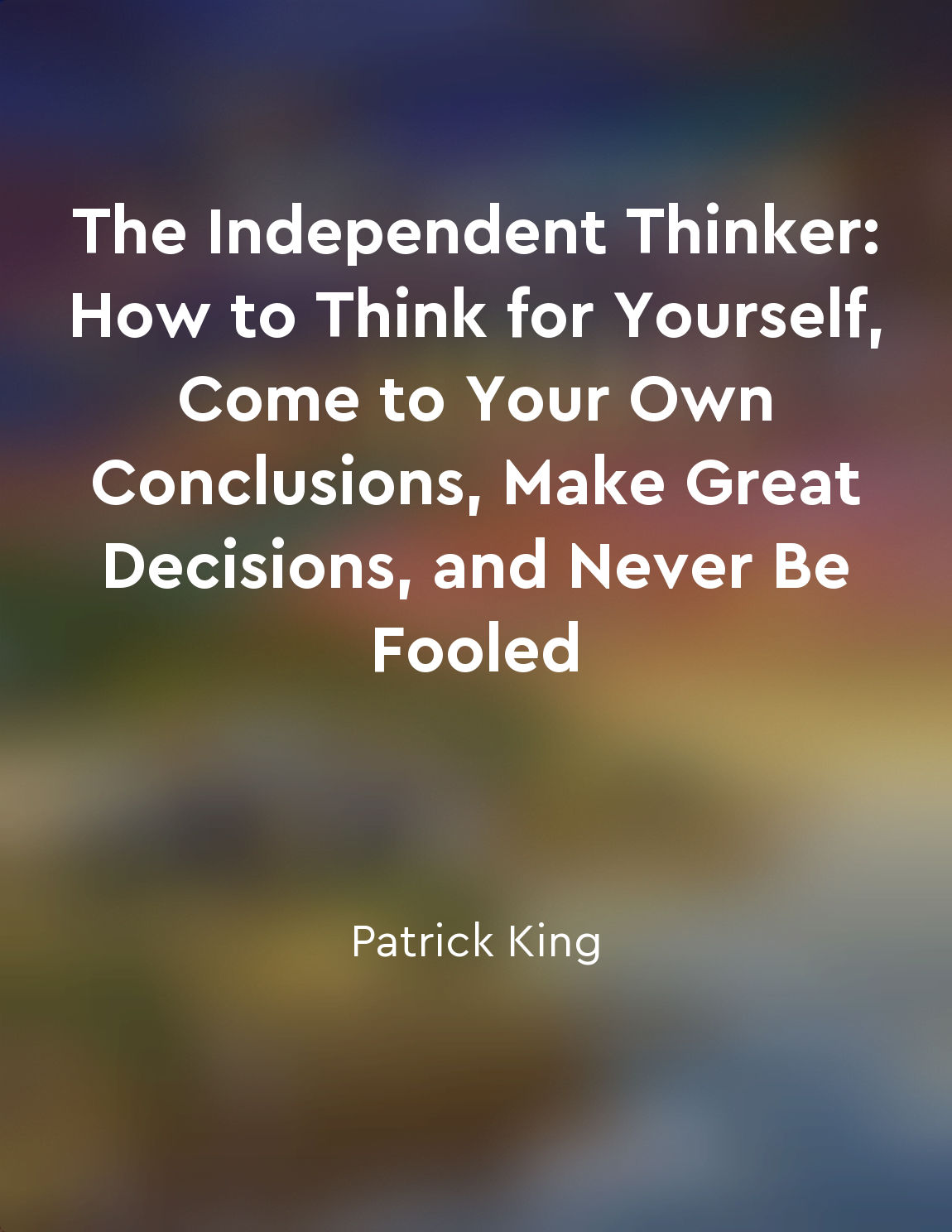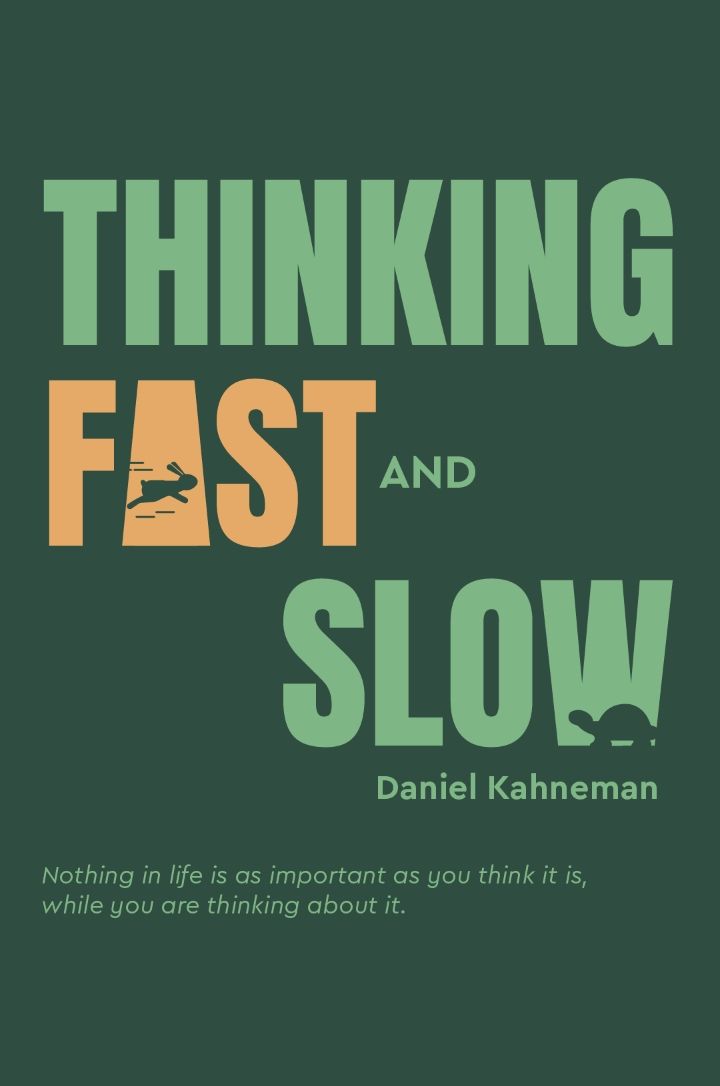Audio available in app
Avoid the recency bias from "summary" of The Art of Thinking Clearly by Rolf Dobelli
The recency bias is a mental flaw that clouds our judgment. It leads us to overemphasize the latest news, trends, or events at the expense of historical context. The bias tricks us into thinking that what is happening now is more important than what has happened in the past. This can distort our perception of reality and lead to poor decision-making. We are bombarded with information every day, much of it designed to grab our attention and elicit an emotional response. This constant stream of new information can make it difficult to focus on the bigger picture. We become fixated on the here and now, losing sight of the broader trends and patterns that shape our world. To avoid falling victim to the recency bias, we must consciously remind ourselves to take a step back and consider the past. By looking at historical data, trends, and events, we can gain a more accurate understanding of the present. This allows us to make better decisions based on a more complete picture of reality. It is important to remember that just because something is happening now does not mean it is more important or significant than what has happened before. The past is filled with valuable lessons and insights that can help us navigate the present with more clarity and wisdom. By resisting the urge to prioritize the latest information and instead taking a more holistic view, we can overcome the recency bias and think more clearly.Similar Posts
Mindfulness can reduce the likelihood of mistakes
Mindfulness, the practice of paying attention to the present moment without judgment, can be a powerful tool in reducing the li...
Strive for continuous improvement and evolution
The concept of continuous improvement and evolution is crucial in achieving success and reaching your full potential. By consta...
Confirmation bias reinforces existing beliefs
Confirmation bias reinforces existing beliefs because our brains are wired to seek out information that confirms what we alread...

Investing in yourself is the best investment you can make
The idea that investing in yourself is the best investment you can make is a powerful concept that has stood the test of time. ...

Body language interpretation
Body language interpretation involves the ability to read and understand nonverbal cues that individuals display through their ...
Decision processes matter as much as outcomes
The essence of decision-making lies not only in the final outcome but also in the processes that lead to that outcome. While it...

Reflecting on past decisions can reveal cognitive biases
When we look back on past decisions we have made, we may uncover certain patterns or tendencies that influenced our choices. Th...
Preconceived notions can bias our snap judgments
In the split second before we make a decision, our minds are already working through a myriad of thoughts and beliefs that shap...

Question everything
The concept of questioning everything is a fundamental principle of independent thinking. It is about challenging assumptions, ...

Sunkcost fallacy clouds rational decision-making
The sunk cost fallacy is a common cognitive bias that can have a significant impact on decision-making. This fallacy occurs whe...
